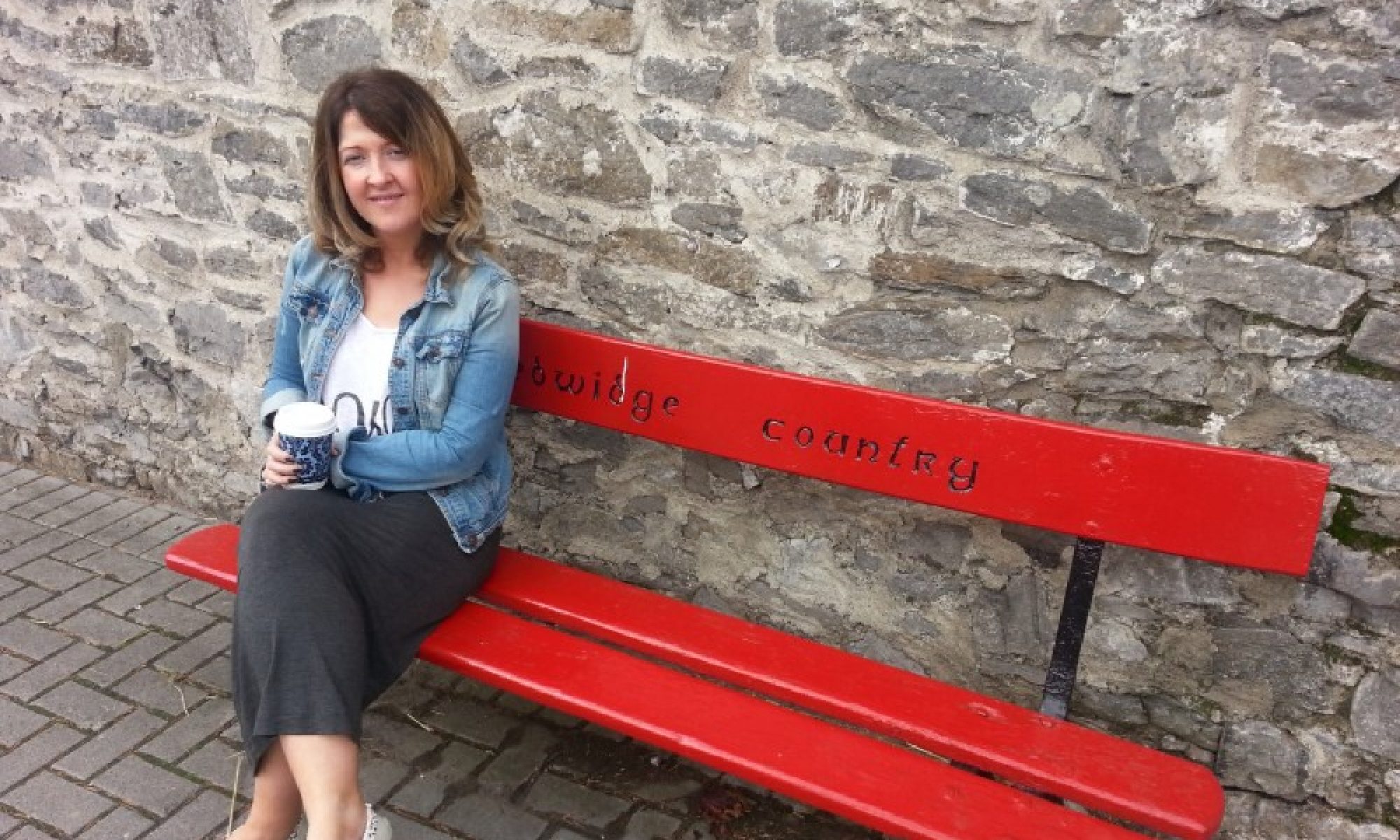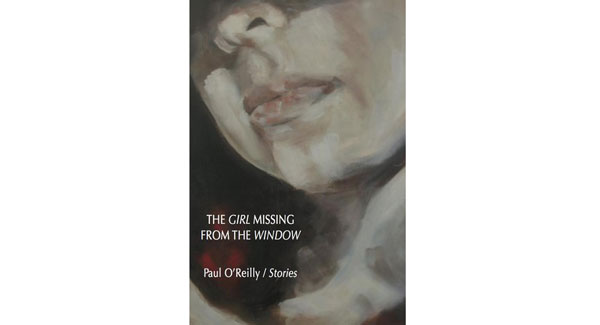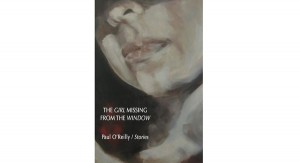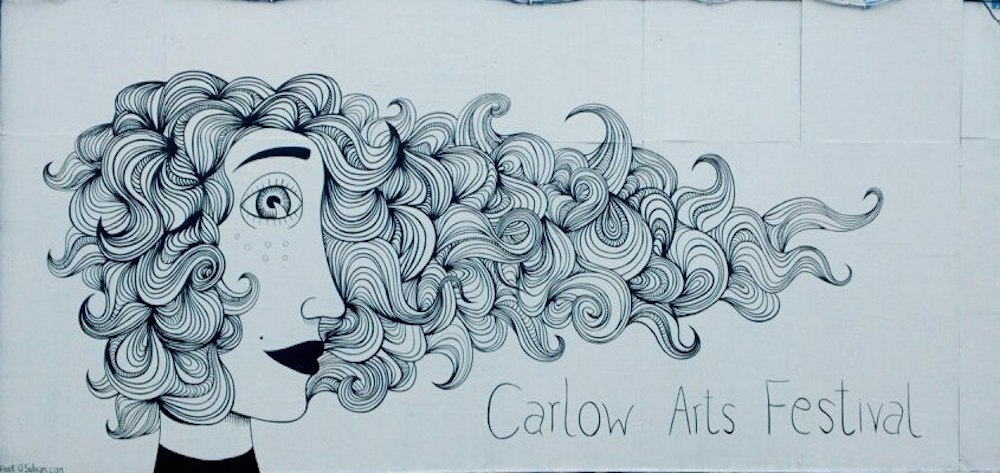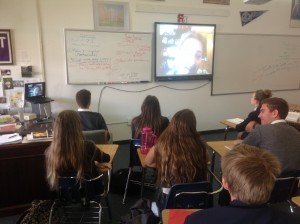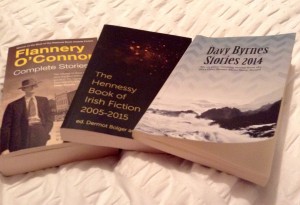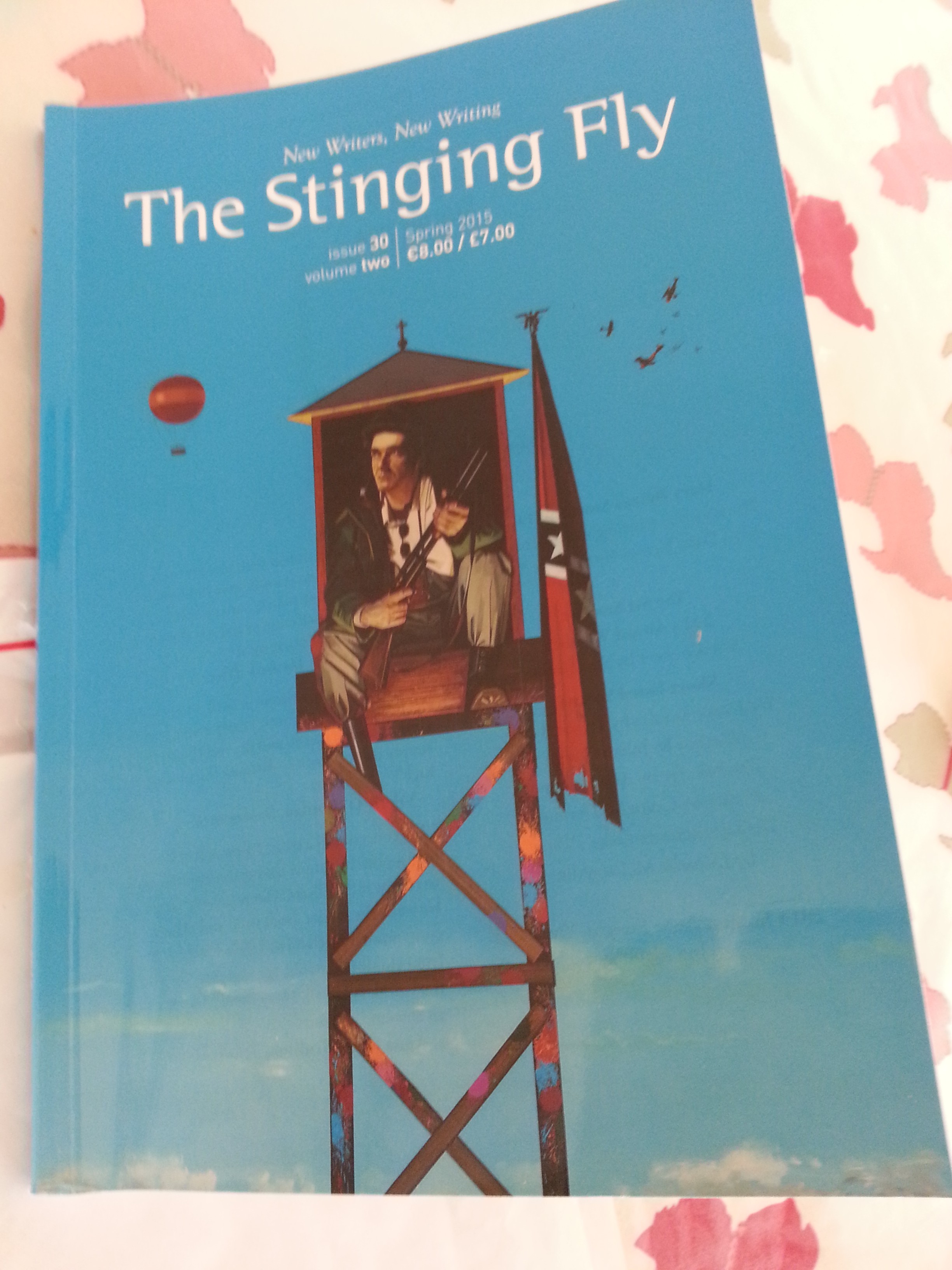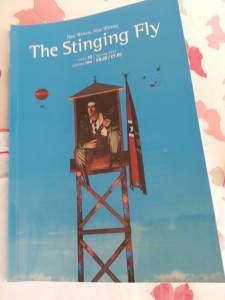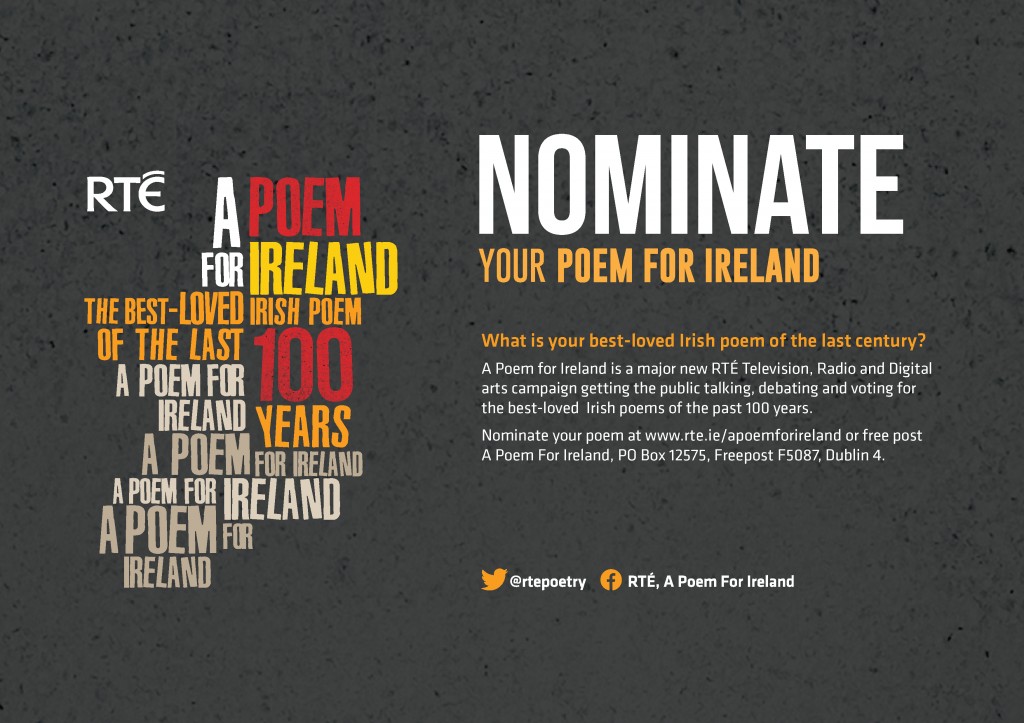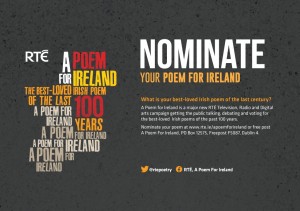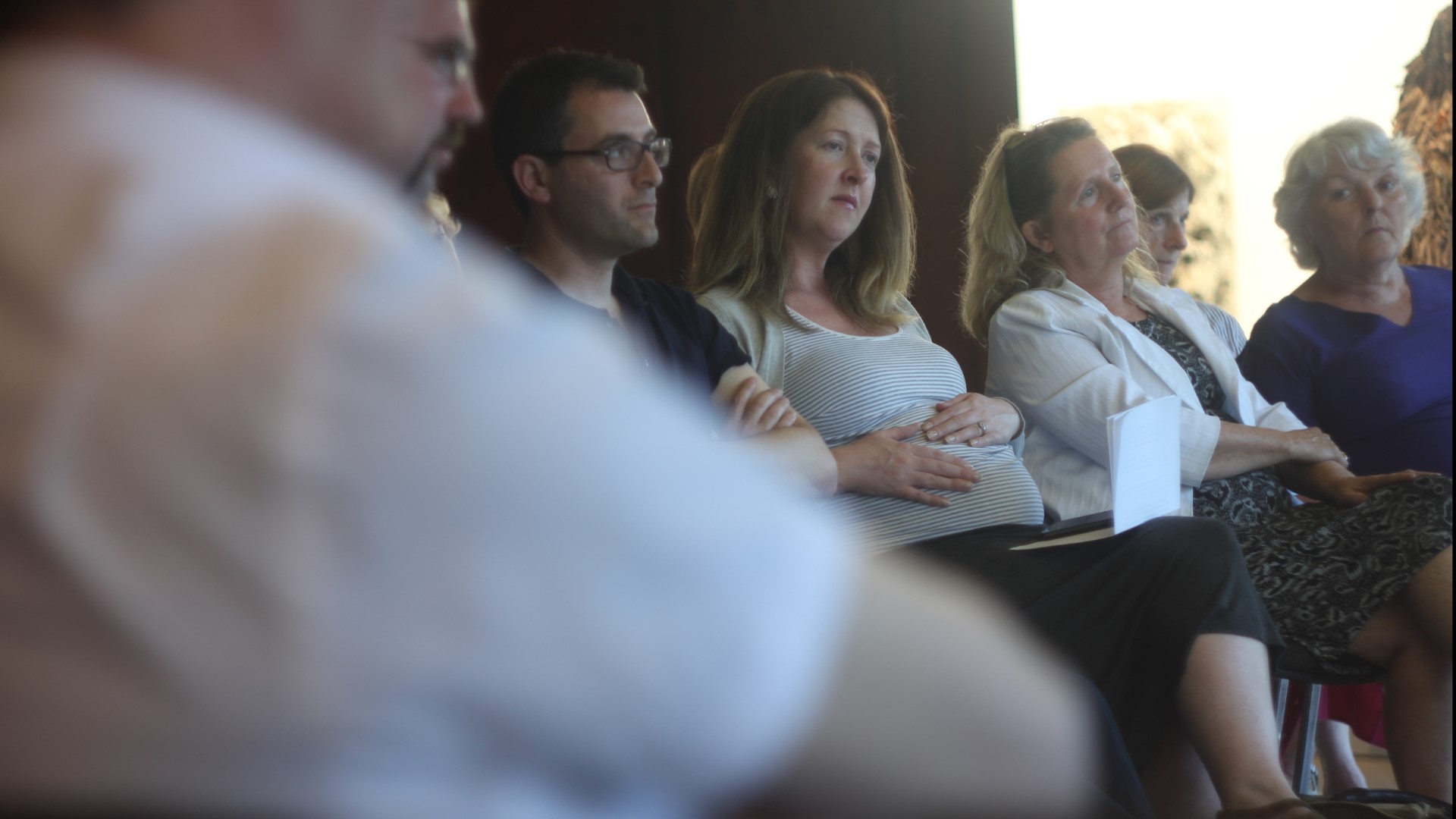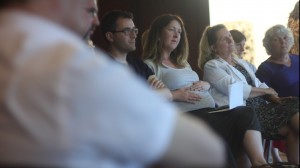The Girl missing from the Window by Paul O’ Reilly
I am always excited about new Irish short story writers, Paul O’ Reilly seems to gave won every awards going and is also talented in every artistic way you can name. His collection, The Girl missing from the Window is published by Doire Press and was launched at the Strawberry Festival in Enniscorthy which I attended.
Paul writes very well, he can pull a story structure together exceptionally well and constructs the perfect start and end of stories with no hardship.
The first story in the collection, What Rose did, draws you in from the title and the opening sentence.
“The day before Rose Carney died was a Friday.”
It’s direct, always a winner for a short story so it makes you want to read on and on. The story is slow-paced with simple language. It is highly current as the topic of the story is that of teenage suicide. It seems to have gained a lot of attention as when I read reviews on the collection, it was mentioned constantly.
Other interesting stories were What’s eating him? This story has a strong American feel to it, about a customer who falls in lust with the waitress in the diner that he is in. A good feel to this as I read it, easy going.
The Love Drug marks a departure from the tone/style taken by the writer so far. In this, the narrator is a grieving husband who loses his wife due to a mistake she makes at a party. I won’t give it away but I couldn’t quite shake the feeling that this type of situation is outside of writer’s normal life experience. I think it shows slightly and I’m not sure if I was convinced of how real the character’s lives and mistakes were to the writer. It’s like when your mother or father tries to be hip, cool and down with it. Anyway, all I can say is that perhaps the writer was experimenting with content and he gives it his best attempt, which was good enough for me a a reader.
Guys and the way they might look at you is also a very good story. Probably my favourite out of the collection. I like a long, short story and this is such. I hated the female character and loved the male one in it. For me, this means the story is a hit! For example, if I can feel strong emotions towards one character as if they are real, then the story is alive. I loved the way the story was drawn out and out and left linger at nearly forty pages long. The ending too, is sweet and smacks of real people, real life and relationships. This is where the writer shines, when he can write feeling into the characters and where I can feel like this really could happen and not just an idea that has no connection with the writer and his experience.
I would recommend the collection as Paul is a skillful short story writer. The Girl Missing from the Window is a balanced piece of work that centers around the relationships in families and partnerships, each story earns its place with the quieter ones sitting nicely among the more noisy ones! It entertains!
You can buy this book from Doire Press at doirepress.com
